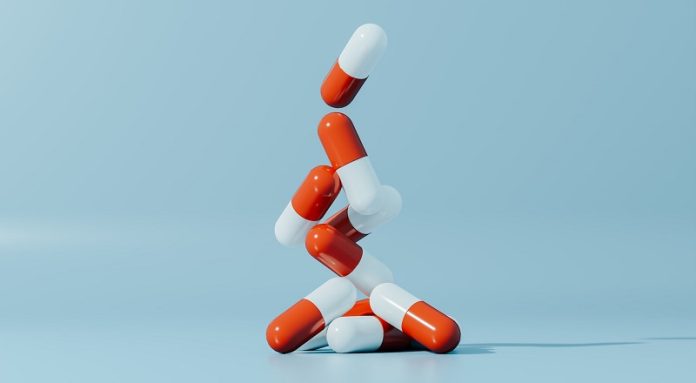
High blood pressure or hypertension is a widespread health issue affecting millions of people worldwide.
It develops when the force of blood pushing against artery walls becomes excessive, potentially damaging the blood vessels and increasing the risk of heart disease, stroke, and other severe health conditions.
Numerous factors, such as genetics, age, obesity, sedentary lifestyle, smoking, and a diet high in salt and saturated fats, can contribute to high blood pressure.
It’s often called the “silent killer” due to its typically asymptomatic nature. Regular blood pressure monitoring is essential for early detection and treatment, which often initially involves lifestyle changes.
Treatment for Hypertension and Potential Risks
Hypertension treatments often include medications such as diuretics, ACE inhibitors, beta-blockers, calcium channel blockers, and angiotensin receptor blockers.
However, recent research led by scientists from the University of Virginia suggests that long-term usage of these drugs could contribute to kidney damage.
The study indicates that renin cells – specialized kidney cells that typically produce a hormone regulating blood pressure – may undergo harmful changes, causing them to invade the kidney’s blood vessel walls.
This invasion results in vessel thickening and stiffening, hampering the kidney’s proper blood flow.
Intriguingly, the study found that long-term use of drugs that inhibit the renin-angiotensin system, such as ACE inhibitors or angiotensin receptor blockers, could induce a similar effect. These medications, commonly used to treat high blood pressure, congestive heart failure, and heart attacks, could potentially lead to hardened kidney vessels in both lab mice and humans.
The Path Forward
Despite these findings, researchers emphasize the importance of these potentially lifesaving medications and advise patients to continue their prescribed usage.
The call has been made for additional research to better understand these drugs’ long-term effects on kidney health.
Effective management of high blood pressure remains a necessity and involves consistent monitoring and adherence to treatment plans.
Home monitoring could be a valuable tool for individuals to keep track of their condition and make necessary treatment adjustments.
Stress reduction techniques, such as relaxation exercises or regular physical activities, could also prove beneficial in managing high blood pressure.
This study highlights the intricate nature of long-term hypertension management and underscores the need for personalized treatment plans that take into account potential medication side effects.
The study, led by Dr. Maria Luisa Sequeira Lopez and her team, was published in the JCI Insight journal.
If you care about blood pressure, please read studies that common painkillers can harm your blood pressure, and common high blood pressure drugs may actually raise blood pressure.
For more information about blood pressure control, please see recent studies about teas that may help reduce high blood pressure, and results showing this recommended high blood pressure drug may have dangerous side effects.
Copyright © 2023 Knowridge Science Report. All rights reserved.



